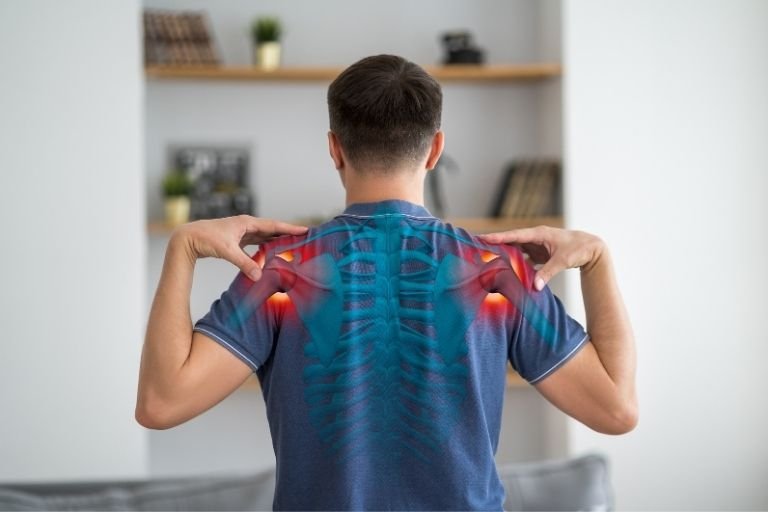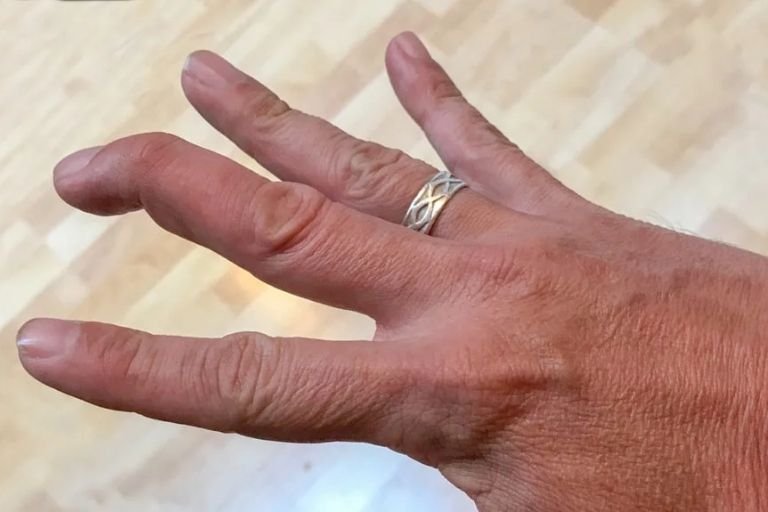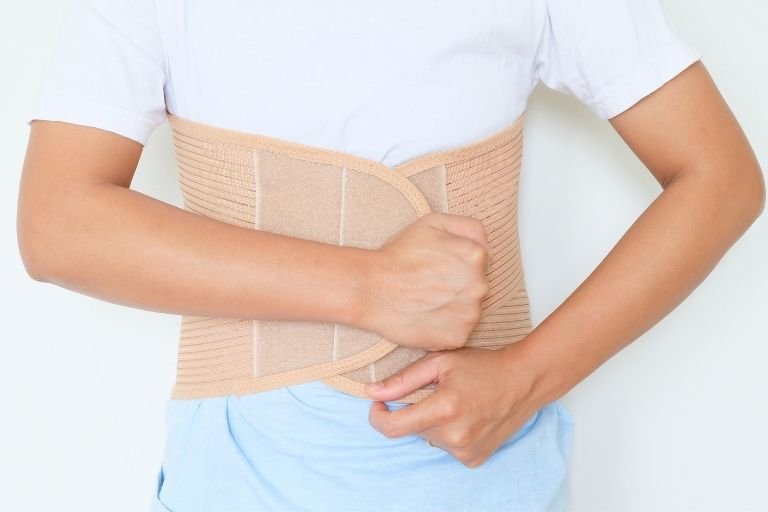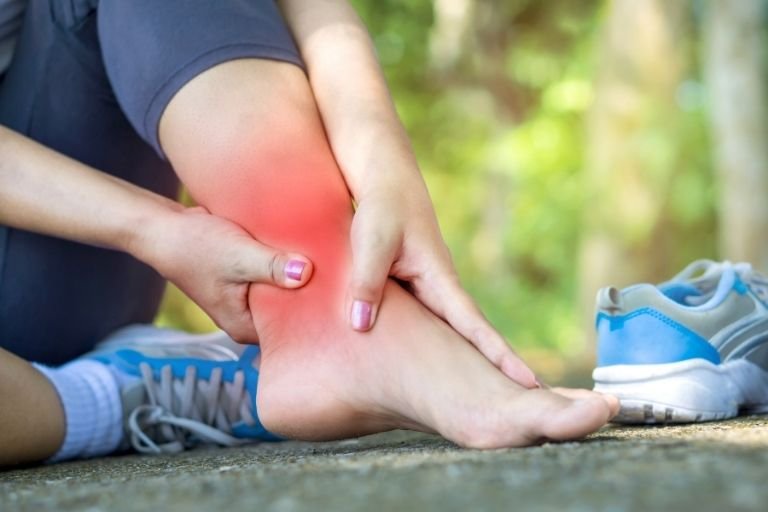- Fitwell Physiotherapy
Arthritis

Arthritis is a common condition that affects the joints, causing pain, stiffness, and inflammation. There are several types of arthritis, but the two most prevalent are osteoarthritis and rheumatoid arthritis. Understanding the symptoms, causes, and treatments can help individuals manage the condition effectively.
Please submit your details below.
Symptoms:
- Joint pain: Persistent discomfort in one or more joints, which may worsen with movement or activity.
- Stiffness: Reduced range of motion in affected joints, particularly noticeable in the morning or after periods of inactivity.
- Swelling: Inflammation and swelling around the joints, leading to tenderness and warmth.
- Redness: The skin overlying affected joints may appear red or feel warm to the touch.
- Reduced flexibility: Difficulty bending, kneeling, or performing routine tasks due to joint limitations.
- Fatigue: Arthritis can cause fatigue, especially during flare-ups or when managing chronic pain.
Causes:
- Osteoarthritis: Often referred to as “wear and tear” arthritis, osteoarthritis occurs when the protective cartilage that cushions the ends of bones wears down over time.
- Rheumatoid arthritis: An autoimmune disorder where the immune system mistakenly attacks the synovium, the lining of the membranes that surround the joints, causing inflammation and joint damage.
- Other types: Arthritis can also result from injury, infection, or metabolic abnormalities.
When to See a Physiotherapist:
It’s advisable to consult a physiotherapist if you experience persistent joint pain or stiffness, particularly if it interferes with daily activities. A physiotherapist can assess your condition, develop a tailored exercise plan to improve flexibility and strength, and provide guidance on managing pain and preventing further joint damage.
Risks:
- Joint damage: Without proper management, arthritis can lead to joint deformities, reduced mobility, and disability.
- Chronic pain: Arthritis pain can significantly impact quality of life and mental well-being if left untreated.
- Complications: In severe cases, arthritis can increase the risk of complications such as cardiovascular disease, osteoporosis, and depression.
- When to See a Physiotherapist: It’s advisable to consult a physiotherapist if you experience persistent joint pain or stiffness, particularly if it interferes with daily activities. A physiotherapist can assess your condition, develop a tailored exercise plan to improve flexibility and strength, and provide guidance on managing pain and preventing further joint damage.
How to Prevent:
While some risk factors for arthritis, such as age and genetics, are beyond control, certain lifestyle modifications can help reduce the risk or delay the onset of symptoms:
- Maintain a healthy weight: Excess weight puts added stress on the joints, particularly the knees, hips, and spine.
- Exercise regularly: Engage in low-impact activities like swimming, cycling, or walking to strengthen muscles, improve joint flexibility, and maintain overall joint health.
- Protect your joints: Avoid repetitive movements or activities that put excessive strain on the joints, and use proper ergonomics and joint protection techniques.
- Eat a balanced diet: Consume a diet rich in fruits, vegetables, whole grains, and lean proteins to support joint health and reduce inflammation.
- Manage stress: Chronic stress can exacerbate arthritis symptoms, so practice stress-reduction techniques such as mindfulness, meditation, or yoga.
Treatments:
- Medications: Over-the-counter pain relievers, nonsteroidal anti-inflammatory drugs (NSAIDs), and disease-modifying antirheumatic drugs (DMARDs) may be prescribed to manage pain and inflammation.
- Physical therapy: A physiotherapist can develop an exercise program tailored to your needs, focusing on improving joint flexibility, strength, and function.
- Assistive devices: Braces, splints, or orthotics can help support and stabilize affected joints, reducing pain and improving mobility.
- Injections: Corticosteroid injections or hyaluronic acid injections may provide temporary relief by reducing inflammation or lubricating the joints.
- Surgery: In severe cases of joint damage or deformity, surgical options such as joint replacement or arthroscopy may be considered to restore function and alleviate pain.
Early diagnosis and appropriate management are key to effectively managing arthritis and minimizing its impact on daily life. If you suspect you may have arthritis or are experiencing symptoms, consult a healthcare professional for an accurate diagnosis and personalized treatment plan.
Frequently Asked Questions
Related Conditions
How Fitwell Physiotherapy Can Help?
Dr. Richa’s Fitwell physiotherapy has an extensive team of physiotherapists all within their own specialist areas of physiotherapy. Whatever your condition, we guarantee that we will have the best physiotherapist for you. We assess, diagnose, plan, cure and care for you.
Fitwell Physiotherapy Clinic, Pune provides you best physiotherapy treatment in Kharadi, pune. We also serve Chandan Nagar, Vadgaon Sheri, Keshav Nagar, Wagholi & nearby Areas in Pune. We are experts in treating Neck Pain, Hand Pain, Back Pain, Lower Back Pain, Knee Pain, Stiff Neck, Sciatica, Arthritis, Stroke Paralysis & Post Surgical Rehab.
We provide Specialized physiotherapy treatments in Sports Injuries, Pre and post Surgery, Neurologic, Pediatric, Chronic Pain/Fatigue, Rheumatology, Women’s Health, Men’s Health, Ergonomics, Vestibular, Amputees & all sort of Pain treatment and lifestyle conditions.

































































































